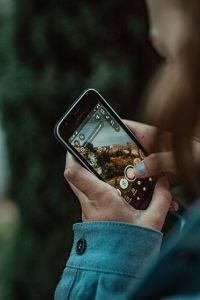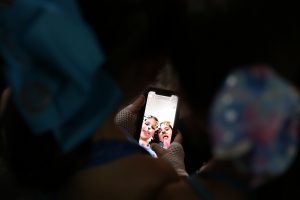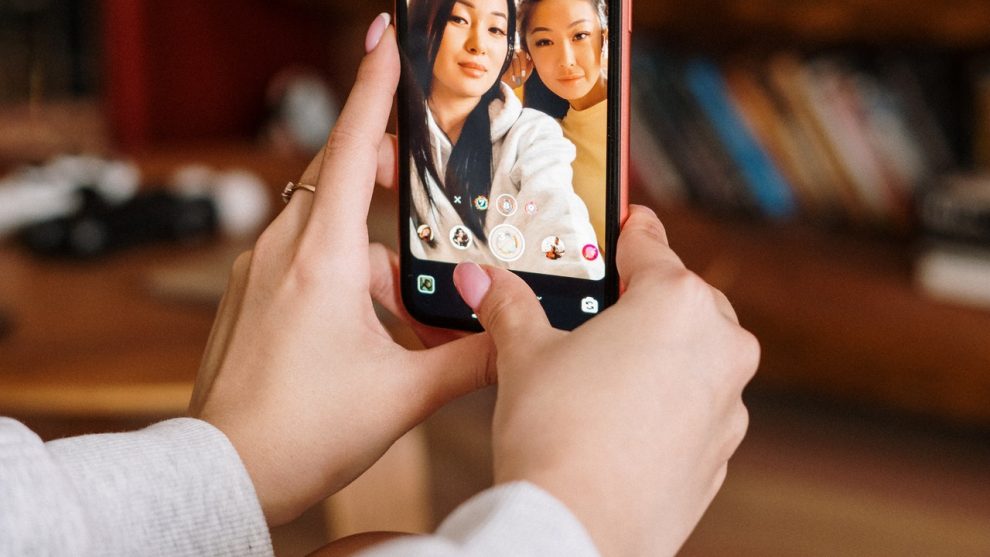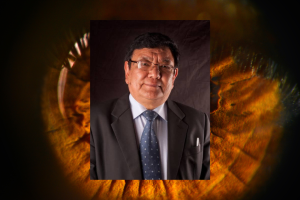Social media is a huge part of our daily lives, and for many people, it’s also an addiction. And social media has brought with it one constantly evolving force: the beauty filters. The beauty filters are everywhere from Snapchat, Facebook, Instagram to TikTok.
Beauty Filters and Self Esteem

While they seem harmless and only serve to Improve self-image. These filters are actually breaking the mental health of some users. If you’re struggling with depression or anxiety when it comes to your looks on social media, this might be something you want to consider. They are also accused to have caused a loss of self-confidence and self-esteem.
According to a study done by the Royal College of Psychiatrists in 2012, over 30 percent of those who take antidepressants frequently turn to social media for emotional support. That’s over one million people worldwide, and that number only continues to grow as Instagram gets its own rolling news ticker.
These filters don’t just affect our self-esteem and confidence though – they also change the way we see ourselves in society at large. Being surrounded by hundreds of filtered selfies from seemingly every angle, our perception of what is beautiful begins to fade away. We might have turned to these filters are something “fun”, but day by day we might turn to them for comfort. We start believing that- this is how “we” and everyone else looks like.
Harming Mental Health
This isn’t good for mental health, as these filters create an idealization that can trap us into feeling out-of-touch with reality.

“The more you use one of these filters, the less natural your own photos look to you. You start getting used to looking at your own face through a filter and end up thinking it’s beautiful,” Instagram user and journalist Sarah Haider explained in a video. “It gives you an idealized perception of yourself, unlike what is actually happening in reality.”
And that’s not all: when we compare ourselves to others daily, we’re exposing ourselves to something known as “competition anxiety”. According to behavioral scientist Jennifer Aaker, this can compromise our confidence – but how does this all relate to social media?
“We’re more likely to engage with people who share similar values. That can be problematic if you think your virtual self-portrait is better looking than you”. Aaker said in an interview with The Huffington Post. That can lead to a constant sense of pressure. And the constant pressure of trying to look like your filtered self and the disappointment of not looking like it can be damaging to your mental health. It might even induce harmful behavioral patterns such as eating disorders.
So what can you do?
So, the key is to not compare yourself, as this will only lead to feelings of inadequacy. If you see a filter that makes you feel bad about yourself, remember that it’s just a picture- not a reflection of your worth as a person.
Comparing yourself to an idolized will only lead to disappointment if you don’t live up to their standards on Instagram. So instead, focus on your own life and set some standards for yourself accordingly.
And remember: above all else, beauty is something unique that everyone defines differently. You are beautiful in your own way!
Also read: Snapchat Says Bye To The ‘Speed Filter’ Over Safety Concerns









